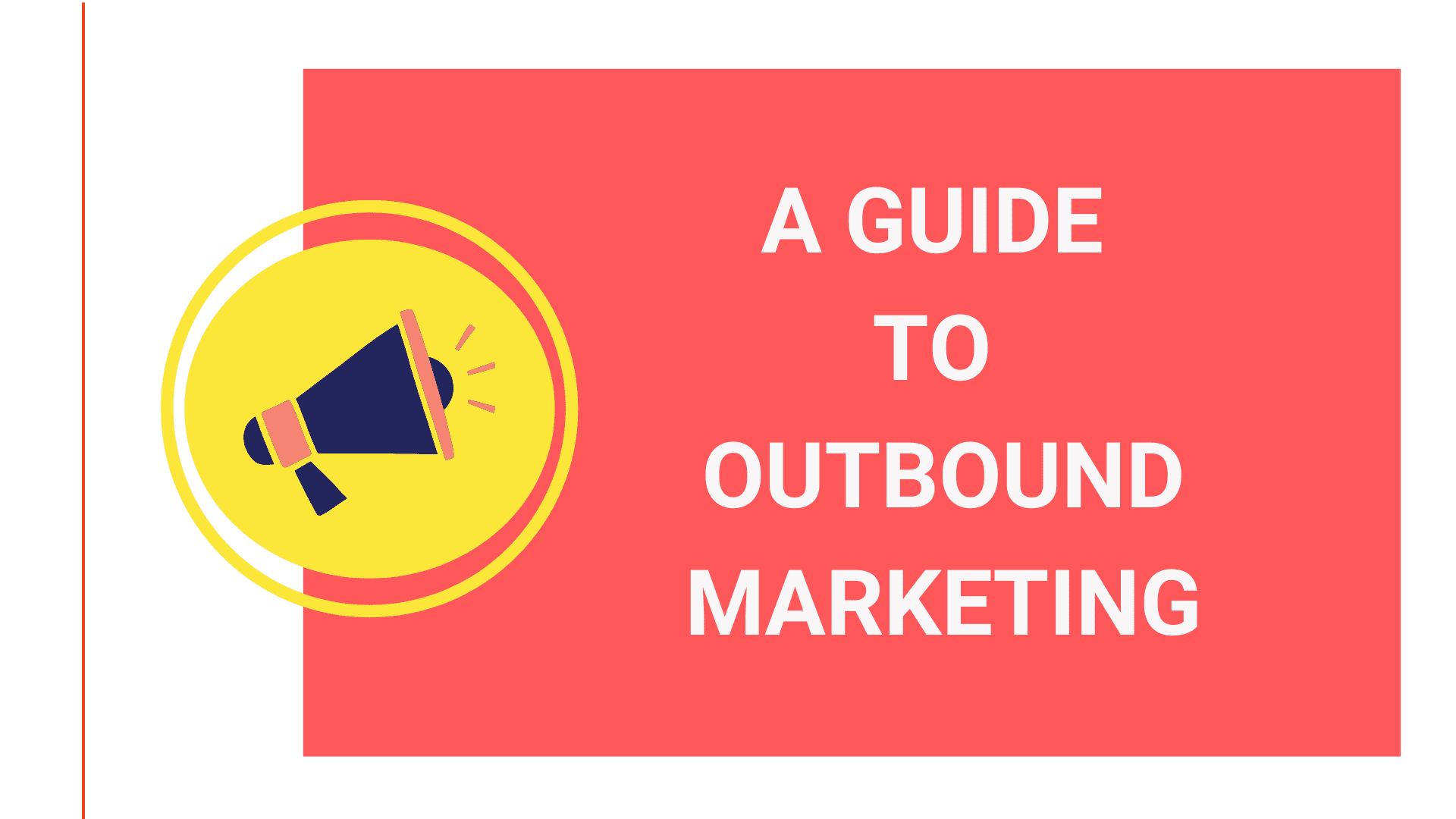

The secret of your booming business today is nothing more than well-planned SEO campaigns. A digital marketing agency can help you craft the campaign right from its initiation to the final stage where potential prospects enter your business. The SEO campaign includes an aligned list of tasks to get a good ranking. When doing SEO with total dedication, successful campaigns are indeed a pathway designed for your growth.
Well, to get started, proper planning is the first step. In the field of SEO, fluctuations are something that is bound to happen. To stay on track, it is essential to make sure reporting is done at regular intervals. Let us consider that you’re putting your heart and soul into optimizing keywords, content, backlinks, etc; but analyzing the metrics can get tricky.
- What is an SEO Campaign
- Launching an SEO Campaign
- SEO Report
- SEO Analytics
- Launching an SEO Campaign
- Why is Reporting and Analytics Important for running an SEO Campaign?
- Running an SEO Campaign
- Know and segregate your SEO work
- Backlinks
- Keywords
- Set a goal
- Work towards it
- Content
- Building backlinks
- Gauge your growth
- Know and segregate your SEO work
- Running an SEO Campaign
What is an SEO Campaign?
SEO campaign involves a set of checklists to meet, which when performed correctly, you have an improved ranking in the Search Engine Result Pages (SERPs). However, it is important to know that there’s a difference between SEO Campaigns and the actual ongoing SEO process. A few of the common body parts of an SEO campaign include finding the right keywords, publishing content, and coming up with backlinks.
Launching an SEO campaign


Elements of an SEO Report 1. SEO Report
Be it SEO for your business or the agent’s side, presenting reports are essential. SEO reports are a plot of how well your site is performing. This is an overview of all the backlinks, genuine traffic, conversions, and technical aspects of the website. By setting the desired goal, you can adjust your report accordingly with a sharp aim for your SEO metrics. When you present an SEO report for your business or client, it is sure that you have concrete reasoning for your growth. However, most of your needs aren’t met when it comes to reporting the right stats, for which we need analytics. However, here are a few must-haves that an SEO Report should have:
- The progress
- Activities undertaken.
- The impact: Positive and negative
- Recommendations
2. SEO Analytics
In all, SEO analytics is the process of analyzing, collecting, and gauging the collected data of what works best and what does not. In analyzing your data, the aim remains constant in bringing good traffic to your business. Once you follow this process, it is easy to make out what obstacles we face and how to overcome them.
Why is Reporting and Analytics Important for running an SEO Campaign?
Reporting and analytics are the backbones of analytics. When we perform in-depth analytics along with apt reporting, our business is aware of how the prospects respond to given situations. Moreover, an in-depth report makes sure to project quality data by gauging which sort of content engagement has a high rate of conversions. Everything, in the end, comes to a concrete plan to be executed with getting results with a good Return on Investment (ROI).
Running an SEO Campaign:
- Know and segregate your SEO work
The initiation of any SEO planning should begin with systematic knowing of knowledge. Brainstorming. Brainstorm to the core of your potential to come up with the most satisfactory idea. The most satisfactory idea is the one that fits in all your checklists of priorities. Let us look at two important steps in collating data:
- Backlinks
Creating these helps pages to find their way back to your page. Hence, by linking pages, you are creating more probabilities to increase your prospects. Hence, the SEO competition analysis is considered important.
- Keywords
When it comes to keyword research, it is important to understand your brand first. Come up with words that are in favor of your brand depending on your targets, their likes, and dislikes. This will help you to segregate, gauge, analyze and comprehend the keywords.
- Set a Goal
When you have a goal, work towards it! Every SEO project and campaign can differ from one other, along with its strategies. However, it is important to make sure your brand draws in more traffic with a good conversion rate. The more your brand and related keywords are visible on the SERPs, the better. Backlinks also work wonders in achieving your set goals.
- Work towards it
In the process of working towards the goal, it is essential to make sure that the backlinks chosen should be well researched, making sure they are high-quality websites for your business growth.
- Content
An SEO campaign indeed revolves around content and multiple required moldings for content. The main aim here is not only ranking in the SERPs but also working on content pieces that are keywords oriented. It is important to not only focus on content pieces but also the efficiency of the title, as this is what gives readers the first impression when searching to read for the desired topic.
- Building Backlinks
Posting content is not the end of your SEO campaign. Along with creating content, it is another task to populate the content with appropriate backlinks. Moreover, you can also spread your content via social media through posts for organic reach.
- Gauge your growth
With all the mentioned steps followed, it is important to step to evaluate if the SEO campaign went as per the plan. Now that you’re aware of which aspect brings in prospects, it is important to stick to it and grow your business. Moreover, make sure to optimize and avoid the steps causing hurdles.
In all, a well-planned SEO campaign can reach great heights and be impactful if you project your skills the right way. With a plethora of elements present in SEO, many more parts are yet to come.
To be continued…


